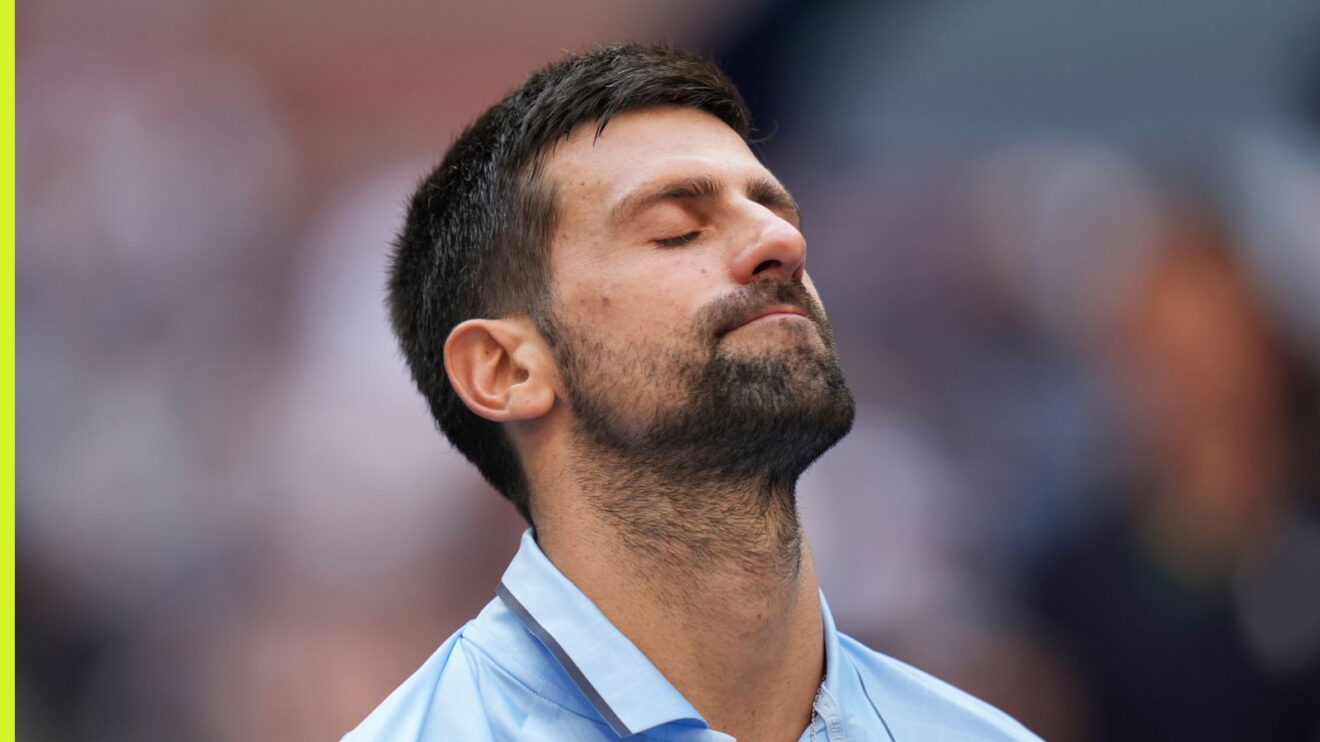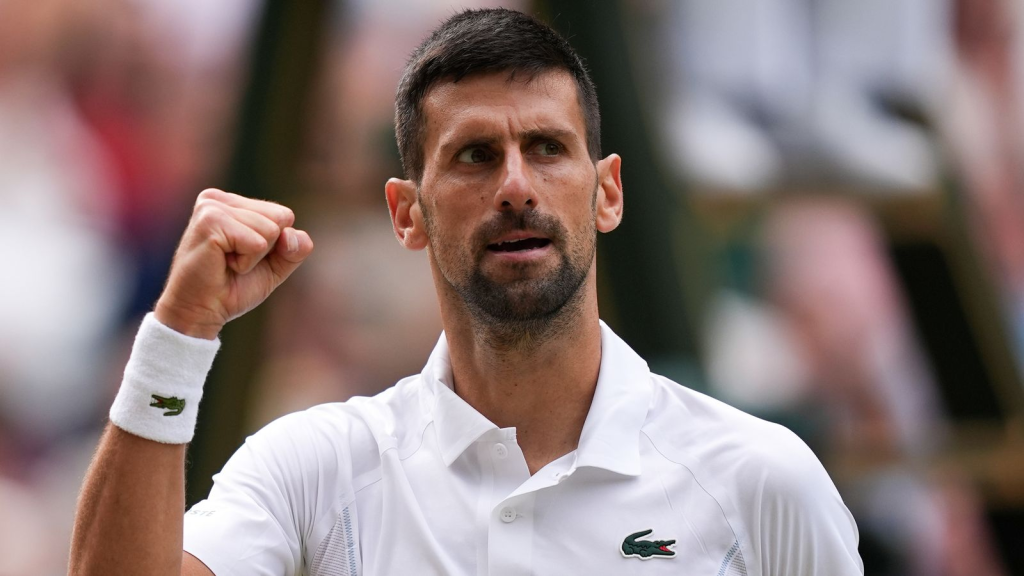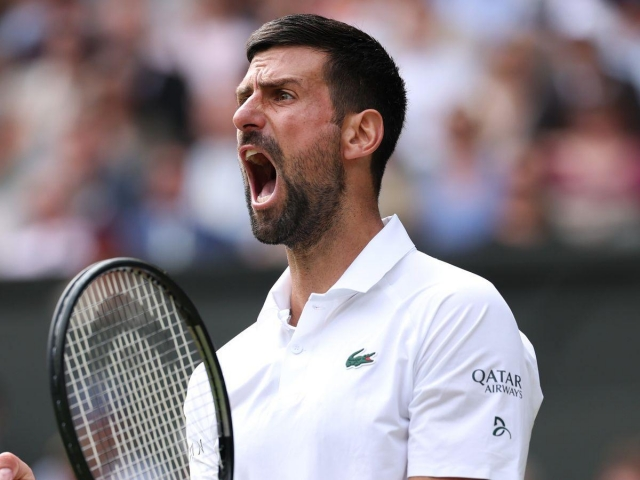“I wanted to cry” — Novak Djokovic’s emotional revelation and powerful reply resonate across the globe.NN

Novak Djokovic at the US Open
Novak Djokovic spoke passionately about so many topics in his compelling interview with Piers Morgan, but it was only when the question of his legacy to the world was raised that he began to show real emotion.

Djokovic has fought a long and often losing battle in the popularity stakes, with Roger Federer and Rafael Nadal often stealing the affections of tennis fans around the world when he took part in epic battles with his biggest rivals.
The mood towards Djokovic has changed a little in recent years and tennis fans appreciate that tennis lovers will not get too many more chances to see the most successful player of all-time competing on the world’s biggest stages.
Yet he was booed off court when he was forced to retire from his Australian Open semi-final in January and continues to face battles with negative fans when he plays at Wimbledon.

Djokovic has admitted on numerous occasions that the abuse he has faced from tennis crowds around the world has affected him, with his desire to be accepted and liked a natural emotion for an athlete who has won more Grand Slam titles and achieved so many remarkable records in the sport.
So when Morgan quizzed Djokovic on how he would like to be remembered, it was clear that the question touched a raw nerve in the 38-year-old Serbian.
“The man who touched people’s hearts,” he replied: “I wanna cry right now, I think I’ve realised what I want on my tombstone.
“Thank you for that, you helped me come to that realisation.”

Djokovic cried on court last week as he spoke to fans in Greece about the inspiration of his former coach Nikola Pilic, who passed away earlier this year.
He revealed his decision to attend Pilic’s send-off marked the first moment he had attended a funeral and he was touched by the emotion on display, as he was asked what lasting memory he took from the occasion.
“The human connections that he (Pilic) has left behind and established throughout his life and his career,” Djokovic said.
“How he touched people’s hearts who were not just there at the funeral, but at the tennis club, post-funeral. … The way people talked about him, it was not about tennis and what he has achieved as a player, as a coach, who he has coached.
“It was about who he was as a person, how he conducted himself with people, how he changed the lives of young people or anybody who he has (been) coming close to. That’s how I want to be remembered.”
Djokovic’s vocal supporters have often leapt to his defence when the most pointed criticism came the way of their hero, but it is clear that the negativity he has been forced to deal with down the years has left a lasting mark on this sensitive champion.
If January’s Australian Open is to be Djokovic’s last appearance in Melbourne, he will be hoping his farewell to the most successful Grand Slam in his career gives him a send-off he will feel he deserves.




